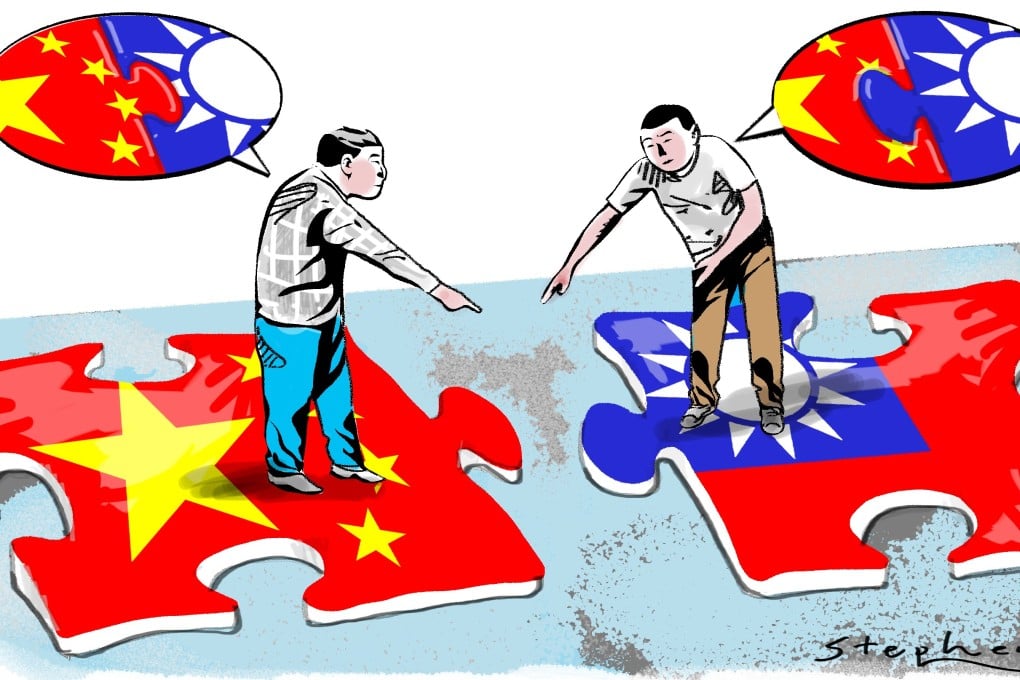Advertisement
Opinion | How reunification of Taiwan and the mainland could still work: prioritise mutual respect and ordinary people’s feelings
- Both ‘one country, two systems’ and the 1992 Consensus faltered because they failed to address people’s emotions, including fear
- Disrespectful statements, such as those calling the mainland political system authoritarian or Taiwan a special administrative region, should cease
Reading Time:4 minutes
Why you can trust SCMP

When Chinese leader Deng Xiaoping proposed the “one country, two systems” model, two things were on his mind. One was that Chinese people across all parts of China should unite and stand as one nation. This addressed the long-standing complaint that Chinese people had been fragmented for too long. Because we were not united, foreign powers were able to “divide and rule” us, at our expense.
The other was that we must respect each other’s political systems and existing institutions, so that different systems can coexist. This concern about mutual respect must not be taken lightly. Without mutual respect, hearts and minds cannot come together and real unity cannot be achieved.
Over the weekend, Taiwan held its presidential election. The turnout and vote corresponded to the poll forecasts: Tsai Ing-wen of the Democratic Progressive Party was re-elected president, beating Han Kuo-yu of the Kuomintang by a wide margin.
Advertisement
The result was perhaps not surprising, given the fears which had been stirred up by Tsai, who took advantage of the months of political and social turmoil in Hong Kong over Beijing encroaching on political rights and freedoms in the city. Even “Beijing-friendly” Han spoke out against “one country, two systems”, saying that Taiwanese would never accept the model.

In Taiwan, the turmoil in Hong Kong has now come to signify the failure of “one country, two systems”. This is very unfortunate. I had thought that the 1992 Consensus was quite ingenious and that it would be a major step towards peaceful and friendly relations across the Taiwan Strait. The consensus allows “one China” to be interpreted differently across the strait.
Advertisement
Advertisement
Select Voice
Choose your listening speed
Get through articles 2x faster
1.25x
250 WPM
Slow
Average
Fast
1.25x
